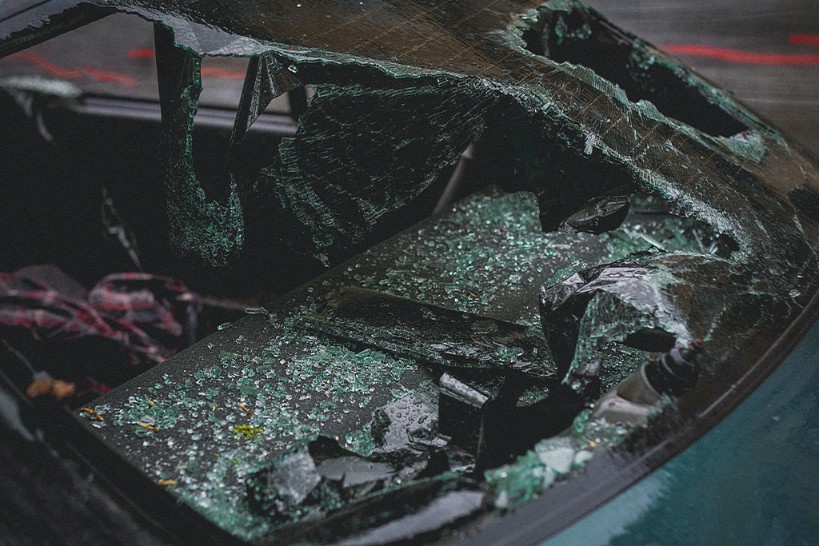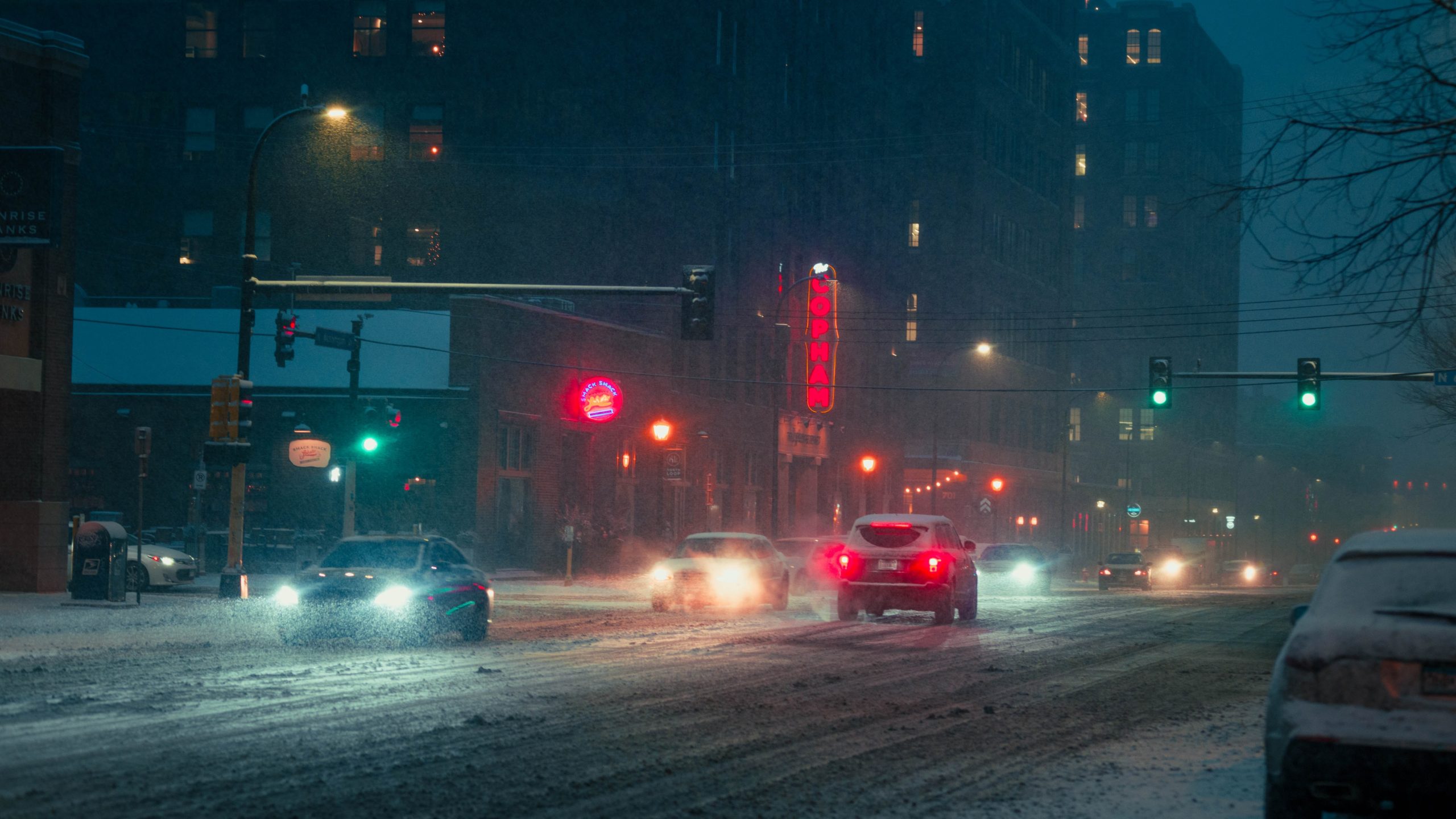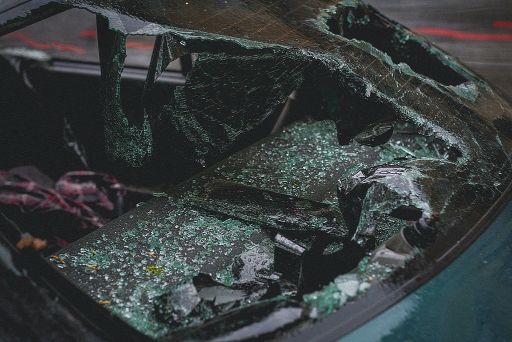The topic of cars with prior mechanical problems being misrepresented by dealers is a pressing issue that affects numerous consumers in the used car market. It involves dishonest practices employed by some dealers to hide existing mechanical issues in vehicles, leading to severe consequences for unsuspecting buyers. This essay will shed light on the common types of mechanical problems found in used cars, the tactics used by dealers to misrepresent these problems, the impact of misrepresentation on consumers, and ways in which buyers can protect themselves from falling victim to such deceptive practices.
I. Common types of mechanical problems in used cars
Used cars are often susceptible to various mechanical problems due to wear and tear over time. Some common issues include engine problems such as overheating or oil leaks, transmission troubles like slipping gears or delayed shifting, and brake system failures involving worn-out brake pads or malfunctioning ABS.
II. Tactics used by dealers to misrepresent cars’ mechanical problems
Unscrupulous dealers resort to deceptive tactics to make flawed vehicles appear more appealing than they truly are. Some common practices include performing cosmetic repairs to hide underlying issues, like repainting or covering up rust, resetting warning lights or erasing trouble codes temporarily, and providing false documentation or incomplete vehicle history reports to conceal the car’s problematic past.
III. Consequences of misrepresentation for car buyers
The misrepresentation of cars’ mechanical problems can have severe consequences for buyers. Firstly, they may suffer financial losses due to unexpected repair and maintenance costs that were not disclosed during the purchase. Secondly, these undisclosed mechanical problems could pose safety concerns, potentially leading to accidents or breakdowns on the road. Lastly, the trust between consumers and dealerships erodes, tarnishing the overall car-buying experience for all parties involved.
IV. How to protect oneself from misleading car dealers
To safeguard against falling prey to misleading car dealers, consumers can take specific measures. These include conducting thorough research on the vehicle’s history, performing pre-purchase inspections by trusted mechanics, insisting on comprehensive vehicle history reports, and avoiding rushed decisions under pressure from the dealer.
In conclusion, the misrepresentation of cars with prior mechanical problems is a significant issue impacting consumers in the used car market. By understanding the common mechanical problems, the tactics used by dealers to mislead buyers, and the potential consequences, consumers can make informed decisions and protect themselves from falling victim to dishonest practices in the car-buying process.
Consult with Darfoor Law Firm
An experienced lawyer provides you with the opportunity to discuss your situation and gain clarity on your potential avenues for seeking compensation. It’s your opportunity to ask questions, assess the strength of your case, and decide if legal representation is beneficial for you.
If you or a loved one has been injured in an accident due to someone else’s carelessness or fault, Darfoor Law Firm is here to provide support and suggest the best course of action.
Accidents can be difficult to deal with; that is why having someone who understands and empathizes is so important.
Call us at +1-833-DARFOOR for a free case evaluation.






